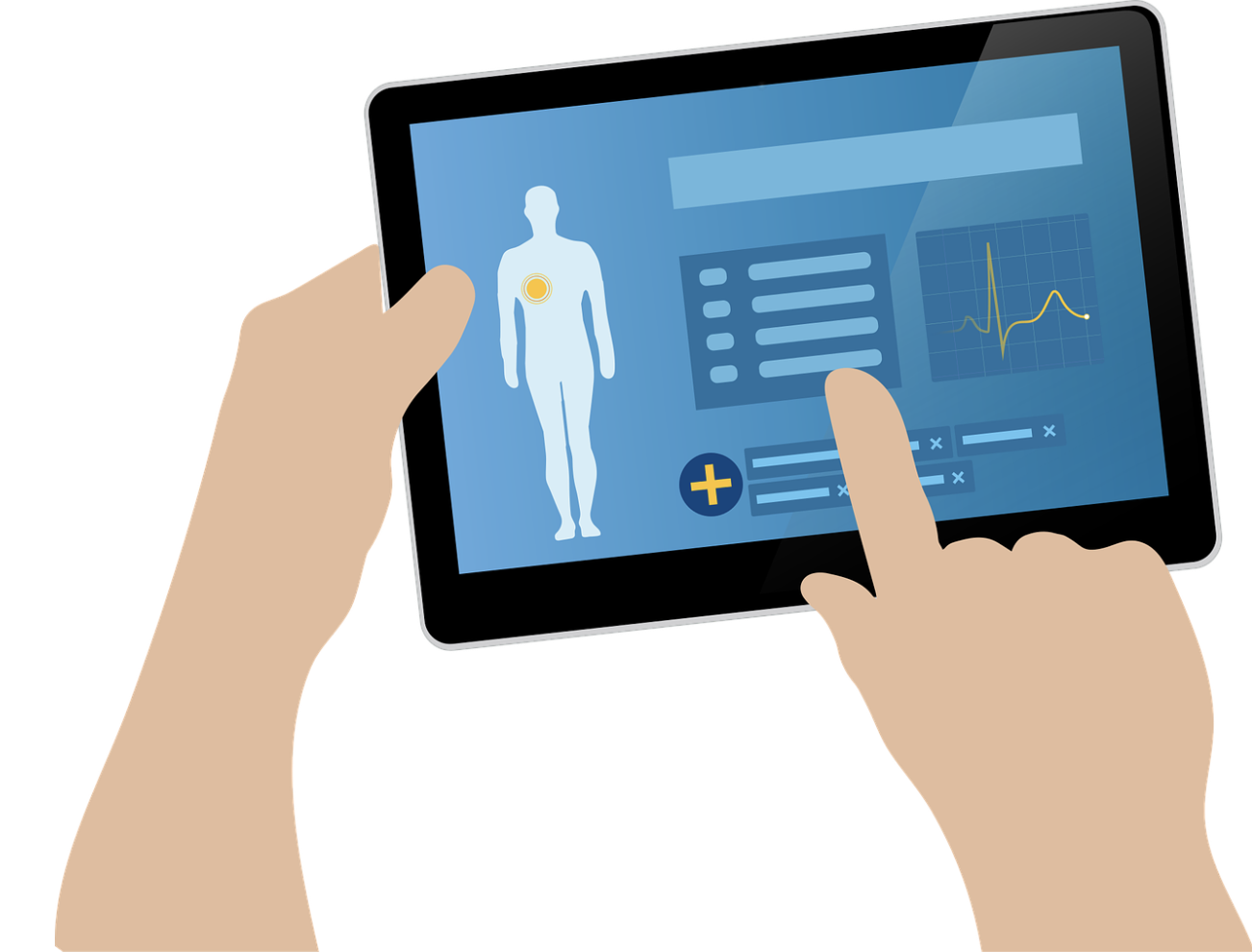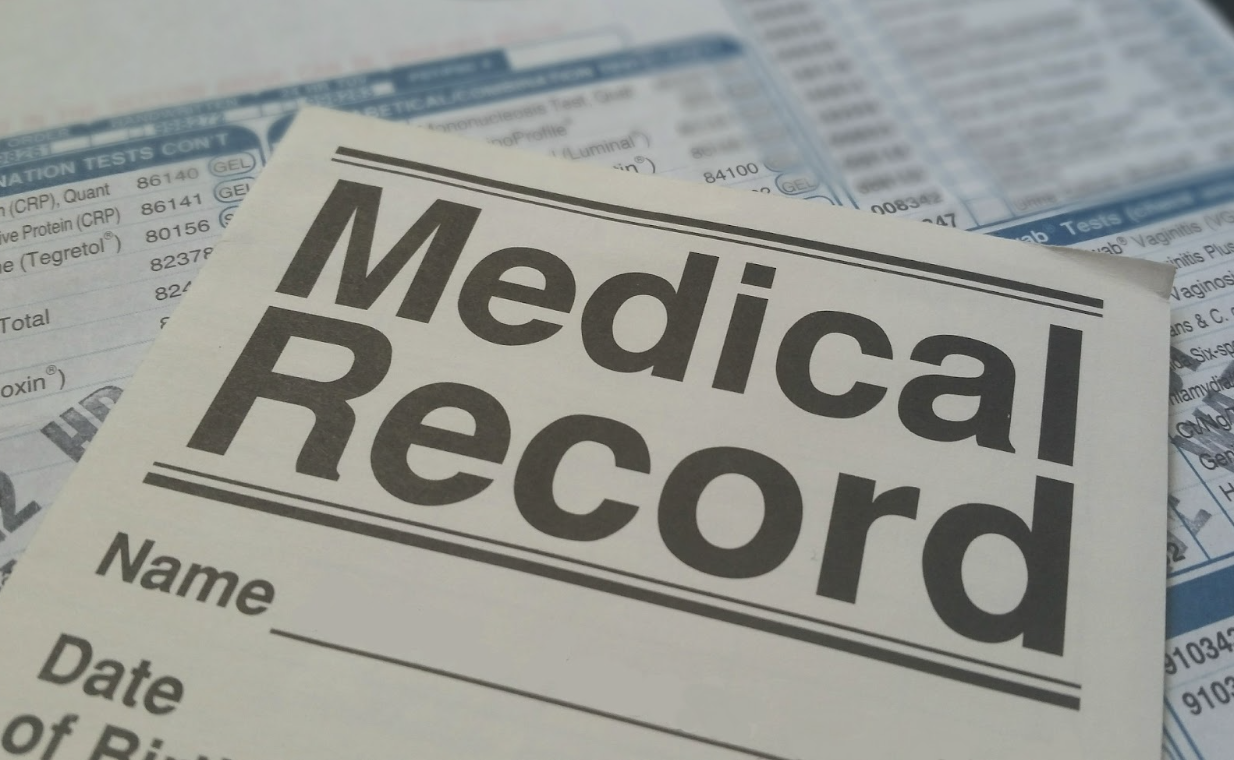How to track your health records: A helpful guide

How do you go about keeping track of your health information? Like most people, you probably don’t think about your health records until you need them. Then it’s a scramble to track old bills, insurance cards, and doctor’s notes. This can be especially difficult if you’ve moved or changed doctors multiple times. Fortunately, there are ways to make tracking your health records much easier. This article will discuss the different ways to track your health records and why it is important. Let’s get started.
Get an Insurance Coverage
Having an account with your insurance company is the first step in tracking your health records. You can usually create an account through their website or app and sign in to view your policy information, claims history, and past bills. When you apply for coverage, the insurer will send you all the relevant documents and information. This makes it easier to keep track of everything in one place rather than trying to search through paper records each time you need something.
When applying for coverage, make sure to understand what information is being asked for and why. This will help you ensure that you provide the correct documentation and that your records are accurate. Besides this, you need to choose the right coverage for your needs. You need to consider things such as the type of medical care covered, any copays or deductibles you may have to pay, and how often the policy renews.
Limit the Number of Healthcare Providers
If you have multiple healthcare providers, it can be difficult to keep track of all your records. It is a good practice to limit the number of healthcare providers you work with, so you can easily track and access your information if needed. You can select one primary care doctor who will coordinate with specialists when necessary. This way, you can keep all your information with one provider, making it easier to track and access.
When choosing your main healthcare provider, it is important to select someone knowledgeable in your particular healthcare needs. You should also consider the provider’s location, hours of operation, and insurance coverage. For instance, if you plan to use the same provider for all your healthcare needs, make sure they accept your insurance and can treat any conditions you may have.
Keep Your Medical Records Organized
Having an account with your insurer is a great start, but keeping your personal health records organized is also important. That way, it is easy to find when you need something quickly. Start by gathering your medical records, such as doctor’s notes, prescriptions, and lab results. Make sure each record has your name, date of birth, and contact information to easily reference them.
You should also keep track of any immunizations or tests you have done in the past. For example, if you have had a mammogram or colonoscopy, make sure to note when the results were received and any follow-up care needed. Finally, store all this information in one place, making it easily accessible when necessary.
Try out a Secure App
There are various apps out there that securely store your medical information. They can help track lab results, doctor’s visits, and prescriptions in one place. You usually must provide personal information such as your name, date of birth, address, and insurance provider. The app will connect with your insurer and provide you with an electronic health record (EHR). Some apps even have features that let you set reminders for medication and medical appointments.
Always double-check the security measures in place when using an app to track your health records. Make sure that your information is encrypted and stored in a secure system. If possible, ask for recommendations and read reviews to find an app you can trust.
Store Records Manually


One of the oldest and best ways to track your health records is by storing them manually. This means keeping physical copies of all your documents and information in one place, such as a filing cabinet or folder. Ensure the storage area is secure, like a locked drawer or closet, so no one else can access it.
Consider labeling each document with your name, date of birth, and contact information to make tracking easier. You should also update the data regularly to ensure it is current and accurate. Besides, ensure that your files are secured in the event of a fire or other disaster. For instance, you can lock them in a safe or use a cloud storage system for digital copies.
Making sure your health records are organized and easily accessible is an important step in managing your medical care. With the right tools and resources, you can easily track all your medical information in one place. Whether using a secure app or manually storing documents, use these tips to ensure that tracking your health records is convenient and efficient





